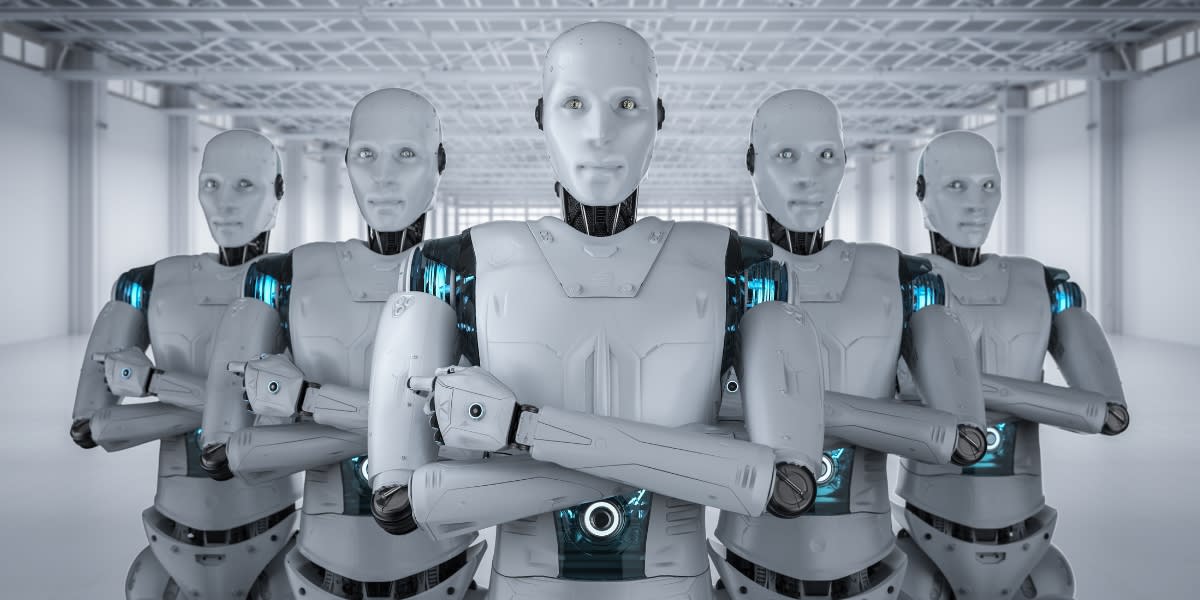IMF chief warns of AI disruption to 40% of global jobs

IMF's new report warns about AI impacting jobs worldwide. It might speed up work but could also lead to job loss, especially in the US and Europe. The IMF is concerned this could widen the gap between rich and poor unless governments step in to help during this robot revolution.
The report estimates that AI, like machine learning and robotics, could affect almost 40% of jobs globally. In places like the US and Europe, about 60% of jobs might be influenced by AI, potentially causing job displacement and affecting wages.
AI is quickly becoming a part of businesses worldwide, and the IMF says governments need to act fast. Emerging markets and developing countries face AI exposure at 40% and 26%, respectively. But without the right infrastructure and rules, they might miss out on the benefits of AI.
The IMF report also talks about inequality within countries. Younger, highly educated, high-income workers might benefit more from AI, while older workers in routine jobs could lose out, making inequality worse.
To handle these issues, the IMF suggests a straightforward approach: strengthen safety nets, retrain workers, improve technology access, and set rules for responsible AI use. They've even created an AI Preparedness Index to help countries figure out what changes they need to make.
Kristalina Georgieva, the IMF's Managing Director, said in most scenarios, "AI will likely worsen overall inequality", a troubling trend that policymakers must proactively address to prevent the technology from further stoking social tensions.
"Governments can still make sure it brings prosperity for everyone. She urges quick action as businesses are rapidly adopting AI," she added.


